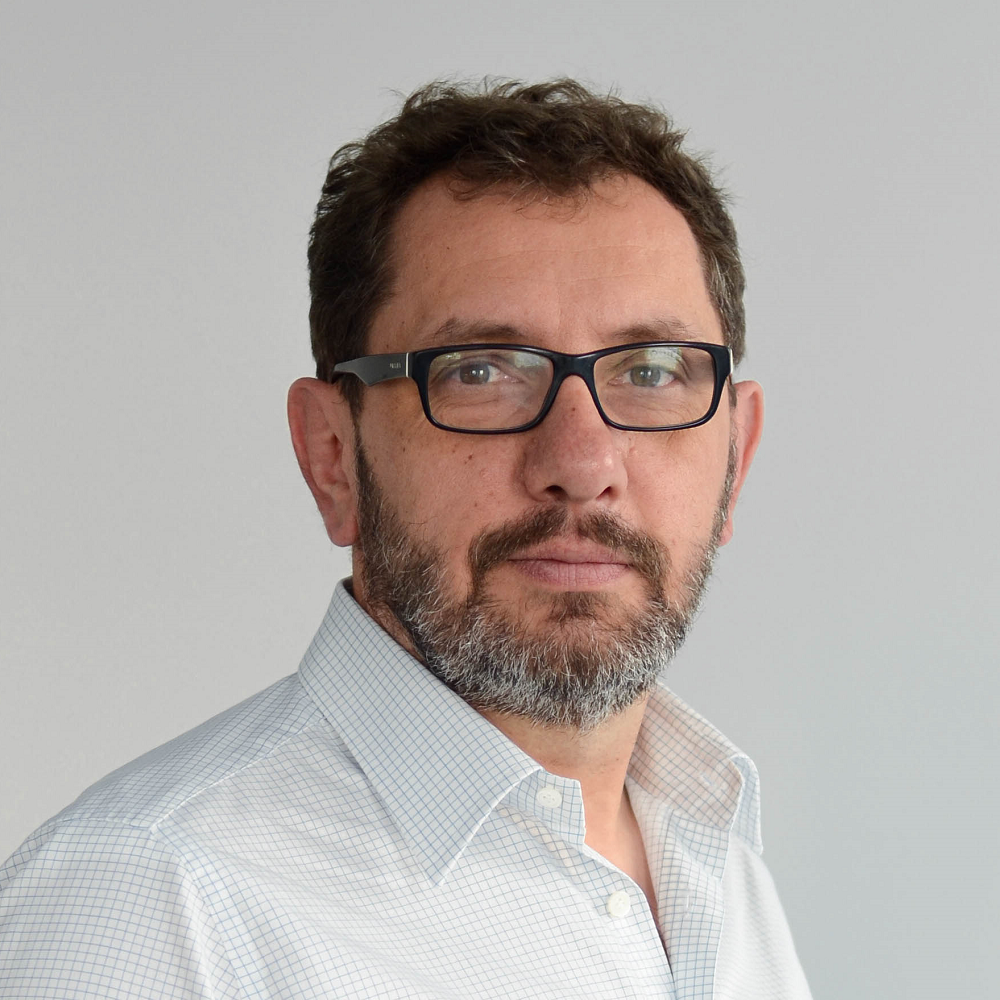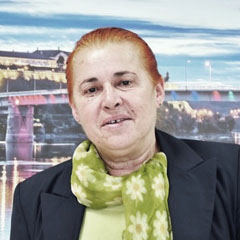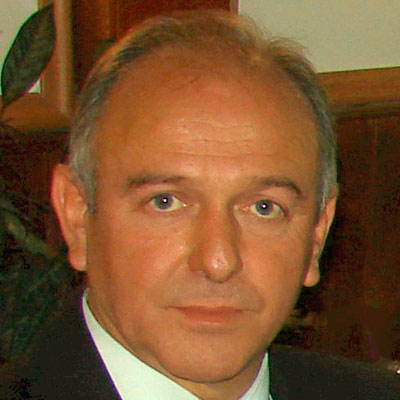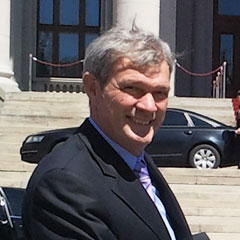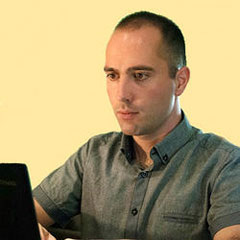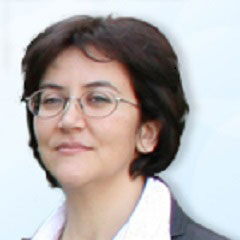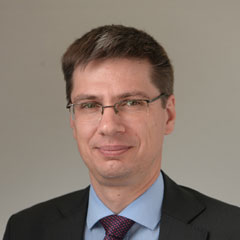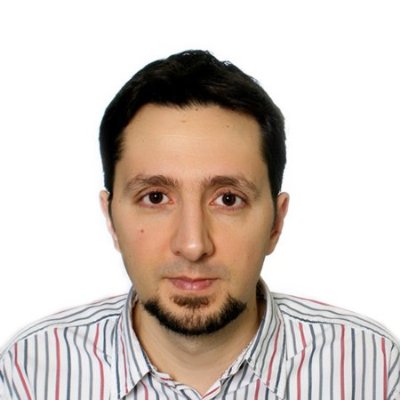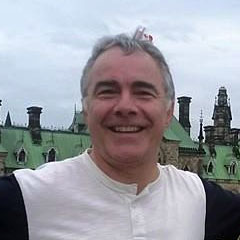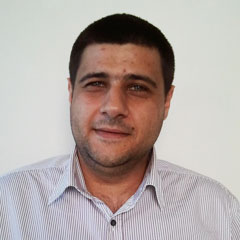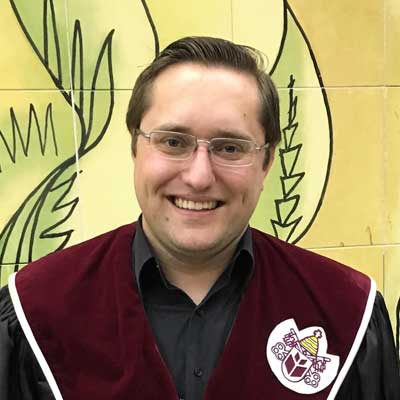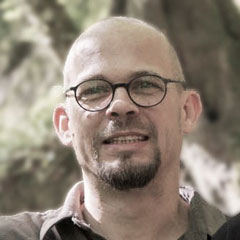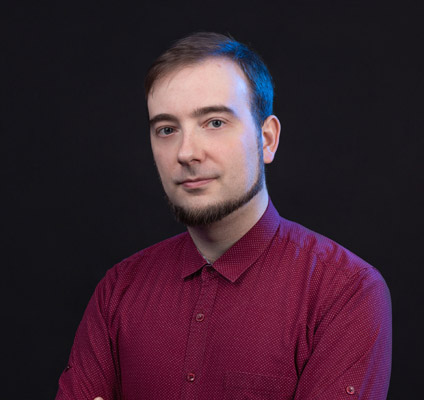11th International Conference on Information Society and Technology will be held on Kopaonik, Serbia on Mar 7-10, 2021.
In these difficult times for science, we are all forced to think of the new ways and formats to facilitate collaboration and networking, both so important for reaching the excellence and making the break-throughs. ICIST conference series has been successfully connecting IT researchers and practitioners in the beautiful settings of wonderful Kopaonik resort, since 2014. Due to the pandemic situation, but still with the hope and optimism in our hearts, we decided to organize ICIST 2021 as a hybrid event. That means that..
- All events will be streamed online, with access to be provided to the registered participants
- Keynotes will be delivered remotely
- All paper presentation sessions will be organized (and streamed) on site in the conference rooms (the number of participants will be defined according to the rules and recommendations of the national crisis management committee). Still, the authors will be allowed to present their papers from the remote location.
More information to follow soon.
ICIST Conference series is one of the top IT scientific events in the region, with 70-100 papers presented each year, average of 200 participants per edition, attended also by the number of IT industry representatives in the region. It hosts distinguished scientists keynotes (in past years, we were honored to share the stage with Richard Mark Soley, Orri Erling, Howard Moskowitz, Bran Selić and others), scientific sessions, panel discussions, industry presentations with exciting social programme for motivated and successfull networking. It is a perfect venue for networking, dissemination of recent research results, getting new project ideas, finding new scientific partners and bringing great vibes back home.
The conference is open for all scientific contributions to the different areas of ICT. It also welcomes technical papers with case studies and demonstrations of novel ICT technologies and approaches in industry and society. It hosts loyal research communities dealing with the areas of information systems, model-based software engineering, e-government, big data, biomedical engineering, semantic web research and since recently, Internet of Things.
All accepted papers will be published in ICIST digital repository. Past editions of the online proceedings can be viewed here: ICIST2014, ICIST2015, ICIST2016, ICIST2017, ICIST2018, ICIST2019, ICIST2020.
List of accepted special tracks:
Special Track: Blockchain Technologies and their applications, chaired by:
Nemanja Zdravković
Special Track: ICT for health, well-being and sport, chaired by:
Miroslav Trajanović, Anton Kos and Osiris Canciglieri Jr.
Special Track: AI techniques for the future cyber-physical enterprise, chaired by:
Hervé Panetto, Georg Weichhart and Milan Zdravković


